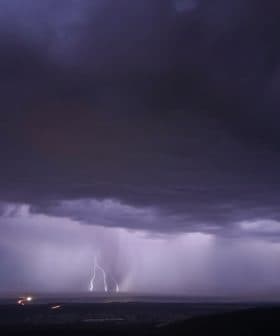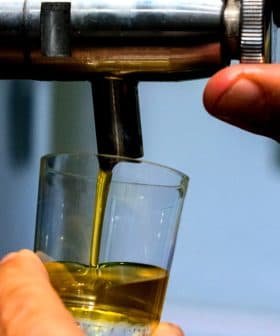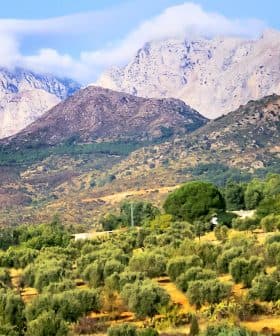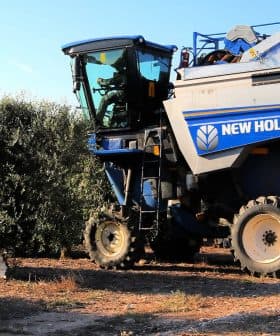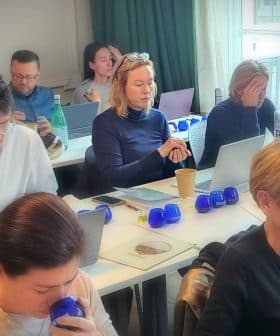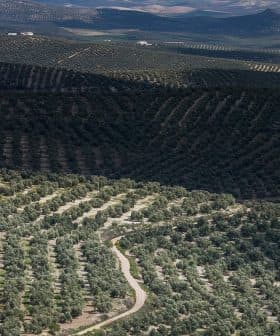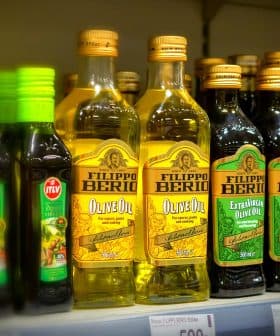Spain and Portugal Request European Aid to Fight Ongoing Drought
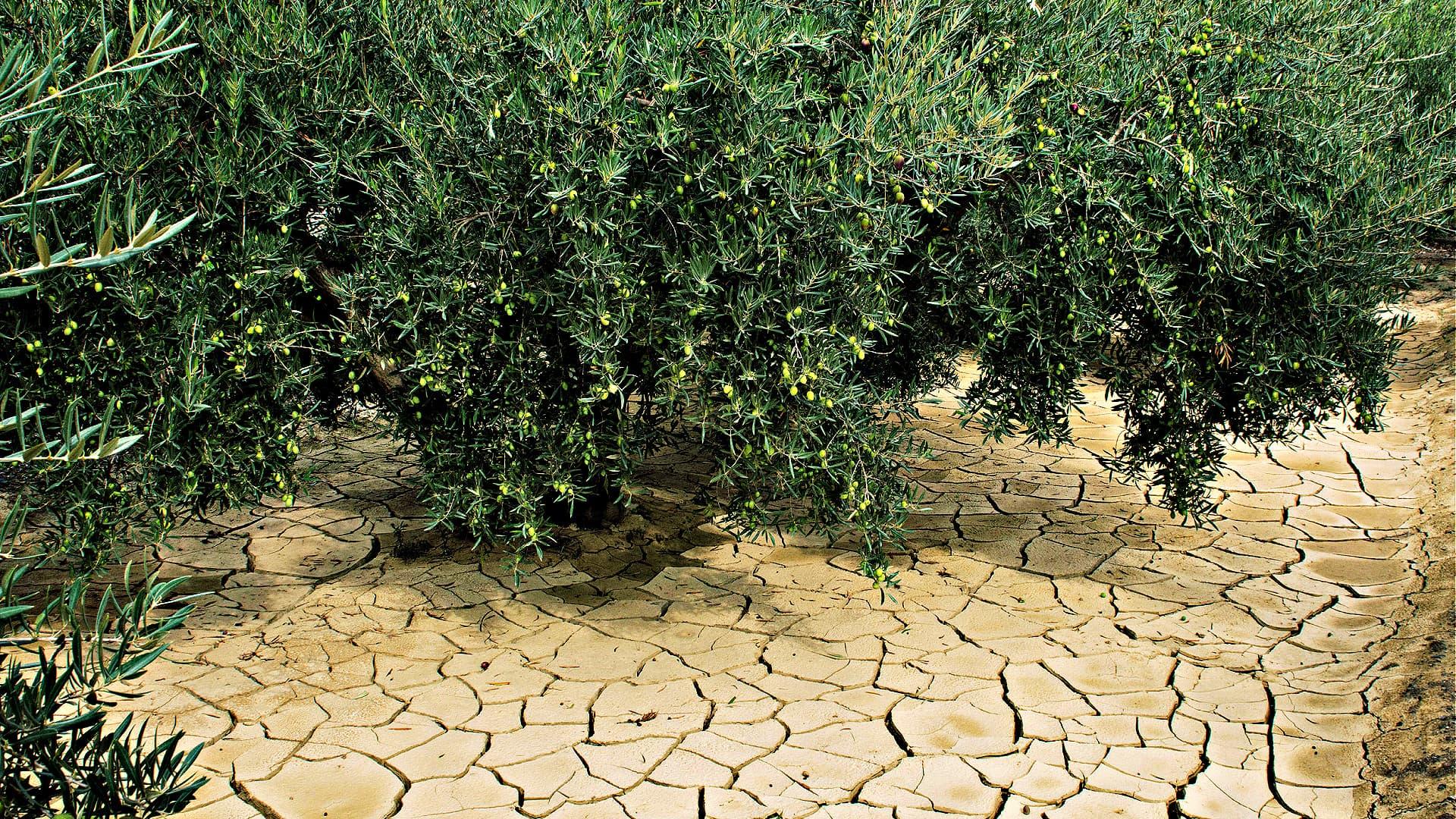
The Spanish and Portuguese governments have requested help from the European Commission to assist farmers struggling with a severe drought in the Iberian Peninsula, including more funding and flexibility for using fallow land. The European Commission advised both countries to utilize the upcoming Common Agricultural Policy to address long-term challenges posed by climate change, as water scarcity and droughts are expected to become more common in the future.
The Spanish and Portuguese governments have asked the European Commission to take measures to help farmers on the Iberian Peninsula cope with the ongoing and severe drought.
Luis Planas, the Spanish minister of agriculture, fisheries and food, requested more money from the Europe Commission’s stopgap agricultural budget to help farmers combat the drought and more flexibility for using fallow land.
Make the most of the CAP’s strategic plans to face the challenges of low rainfall so that farmers are protected from possible weather event.
The stopgap budget funds Europe’s agricultural sector until the new Common Agricultural Policy (CAP) comes into force at the beginning of 2023.
Spain and Portugal have been experiencing a drastic decrease in rainfall over the last three decades. A severe drought that started late last year has gradually worsened depleting water reservoirs to record lows.
See Also:Andalusian Officials Criticize Loss of Funding for Farmers in Proposed Ag. PolicyLast month, Spain’s national meteorological agency said January 2022 was the driest January for almost 20 years, with Andalusia, Catalonia and Extremadura being the worst-hit regions.
In Portugal, 34 percent of the country is experiencing severe drought, while 11 percent is experiencing extreme drought.
However, Europe’s agriculture commissioner told both countries instead to take advantage of the ability to form their own national strategic plans under the incoming CAP to help them deal with climatic challenges.
“Make the most of the CAP’s strategic plans to face the challenges of low rainfall so that farmers are protected from possible weather events,” Janus Wojciechowski said.
He added that all European countries would need to put long-term measures in place as climate change will make water scarcity and droughts more common, especially for countries in the Mediterranean basin.
A week before Planas tabled the request for the two countries, Europe’s commissioner for gender equality expressed concerns about the drought situation in the Iberian Peninsula.
Helena Dalli said that the commission was monitoring the situation closely via the satellite system and advised the two countries to take advantage of available instruments to mitigate the drought.
“Through the European Regional Development Fund and other CAP instruments, Portugal and Spain will be able to help farmers affected by climatic conditions,” Dalli said.
“Climate change will further aggravate water scarcity and the risk of droughts, affecting their frequency and magnitude, not only in the Iberian Peninsula but in the other southern countries and other parts of the E.U.,” she added.


